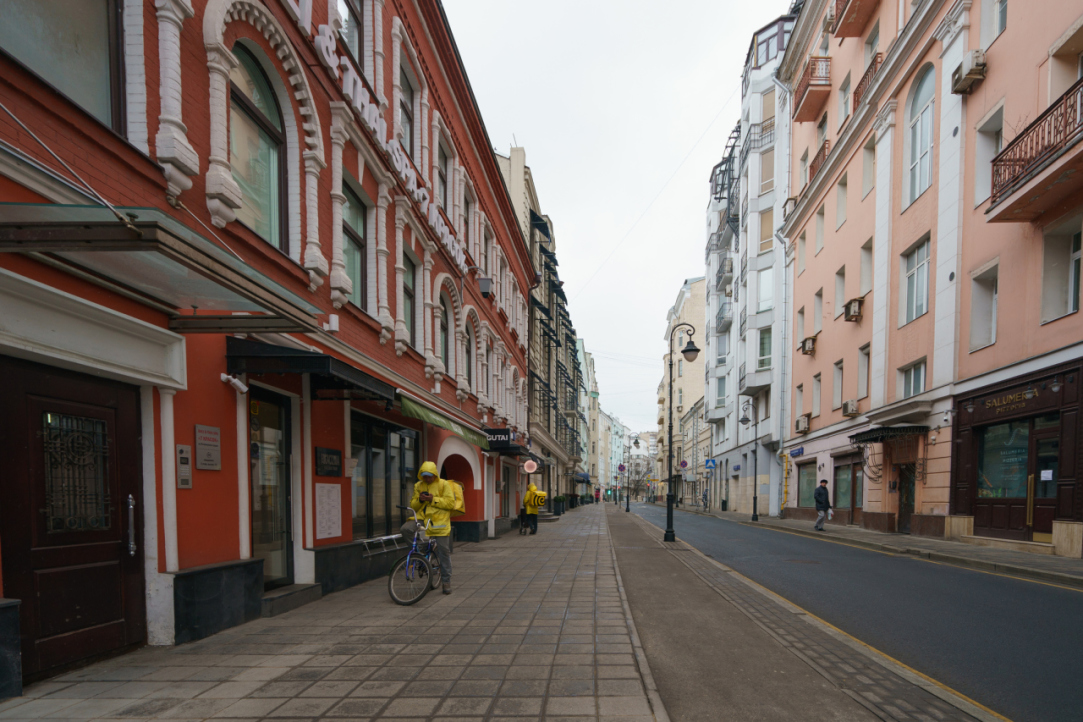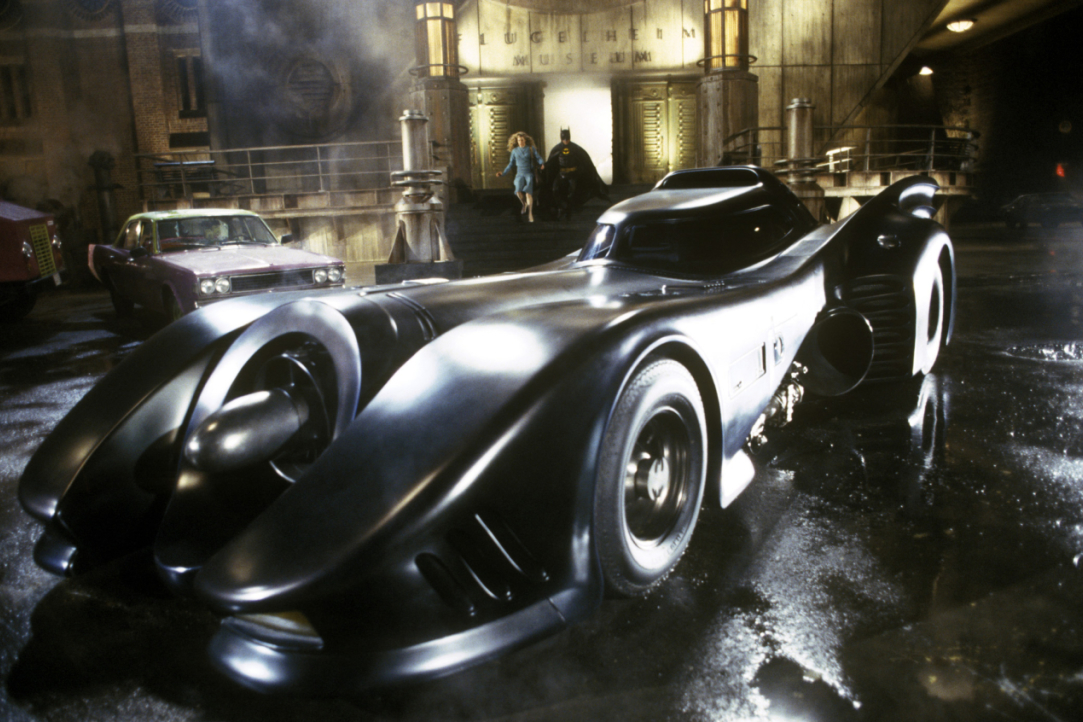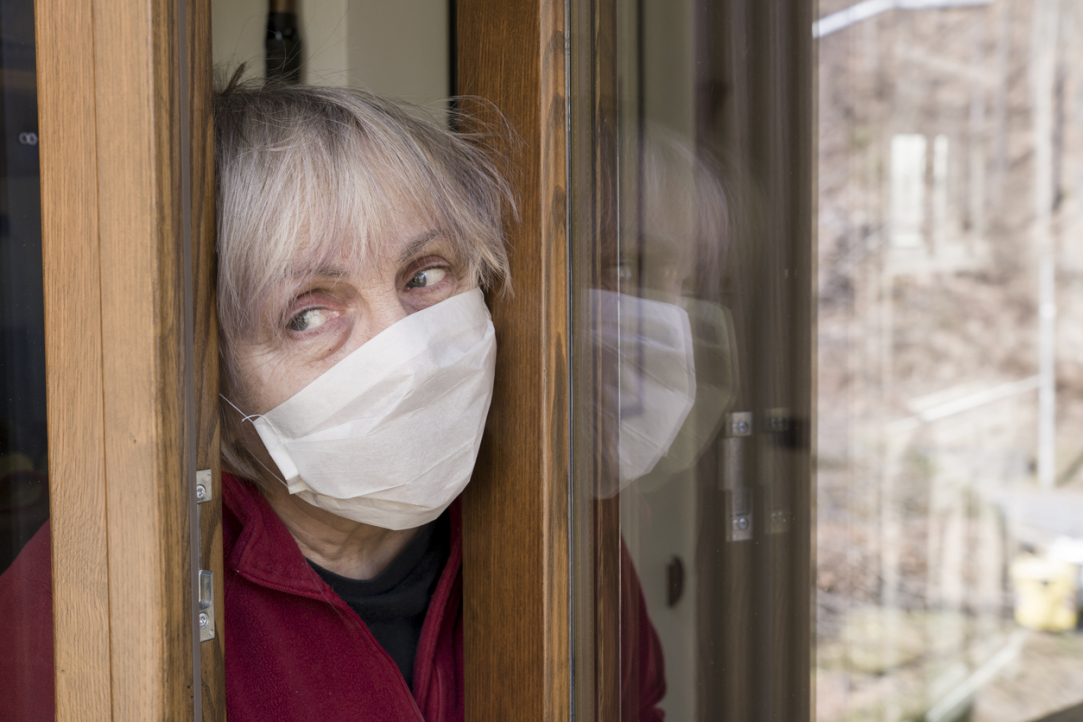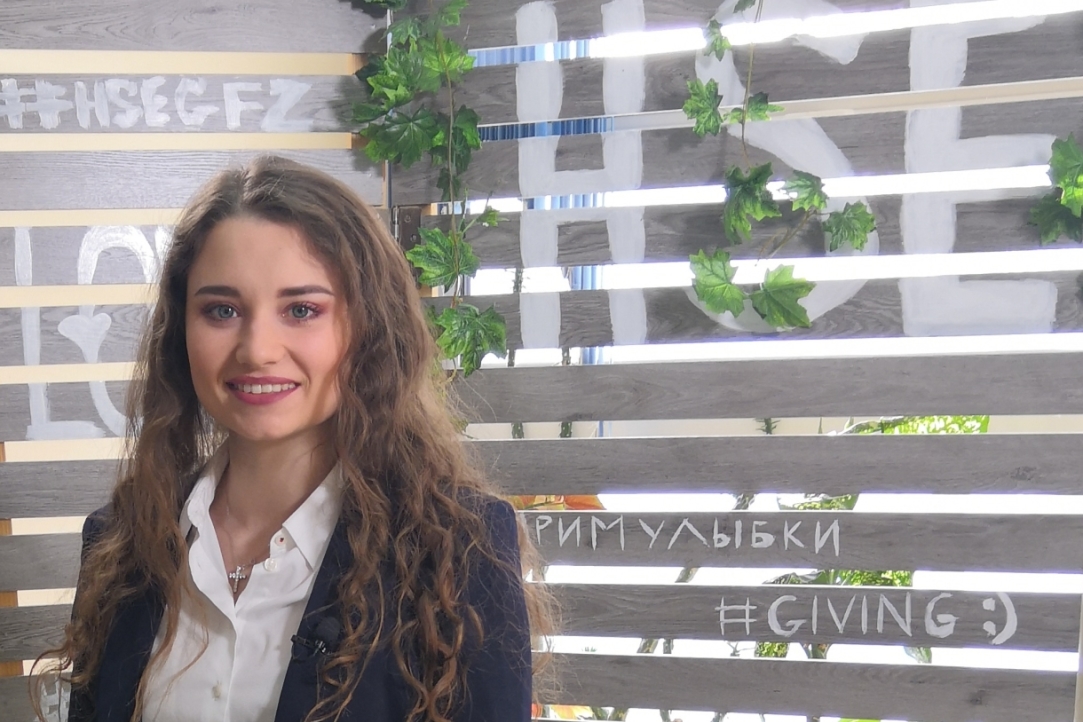
HSE Survey: Russians Expect to Return to Normal Life after the Pandemic
During the pandemic, most Russians have been concerned with the health of their families, parents, and friends, as well as their own financial well-being. These are the findings of a survey conducted by the HSE Institute for Public Administration and Governance. At the same time, Russian citizens are least worried about potential food shortages. This is what makes them fundamentally different from Americans, British, German, and Chinese people, who are more worried about food supplies.

How Cities Will Change After the Pandemic
Traditional urban planning in the United States and Europe developed in response to the epidemics of cholera, tuberculosis, and typhoid. In an op-ed for RBC, Nadezhda Khort, curator of the Shukhov Laboratory of Experimental Urban Design and the Master’s programme ‘Prototyping Future Cities’ in the Vysokovsky Graduate School of Urbanism, considers the skills and practices cities should employ in post-pandemic urban development.

Car Sharing Minus the Driver: How Self-Driving Vehicles Will Change Moscow
In 15 years, the share of self-driving passenger vehicles on Moscow’s roads will exceed 60%. However, this change will not have a significant impact if personal vehicle travel is not reduced and car sharing services are not expanded. For the first time, HSE researchers have assessed the effects of self-driving cars on the city. In their study, Alexei Zomarev and Maria Rozhenko lay out predictions for 2030 and 2035.

‘Depression Has an Impact on Social and Educational Achievement’
At the regular seminar of the HSE Institute of Education, Ivan Smirnov, Head of the Laboratory of Computational Social Sciences, presented his ongoing research project that examines the psychological well-being of students using their digital footprints.

The Joy of Work: Which Russians Are Made Happier by Their Jobs
For Russians, job satisfaction plays a significant role in overall life satisfaction. This is especially true for those with higher education and of higher income levels, as well as those who are driven by professional and career achievements. One factor that does not have any effect, however, is gender. It is equally important for men and women that they love their work. These are the findings of a study conducted by the HSE Laboratory of Comparative Social Research (LCSR), which was presented at the XXI April International Academic Conference.

HSE Study Findings: 74 Percent of Teachers Who Did Not Employ Online Resources Now Use Them
A large-scale study conducted by the HSE Laboratory for Media Communications in Education found that the situation with online education is better than was first thought when schools had to switch to Internet-based learning to help stop the spread of coronavirus infections.

Meeting Happiness: How Social Activity Affects the Well-being of Europeans over 50 Years Old
The Covid-19 pandemic has severely restricted social contacts for people everywhere, and especially for the elderly. Yet, HSE researchers found that meeting with friends and relatives was one of the key conditions for happiness among Europeans aged 50 and older. In fact, such social contacts were just as important for them as their health, material well-being, or professional fulfilment. The report on the results of the study was prepared for the XXI April International Academic Conference on Economic and Social Development.

Unknown Mortality Rate: Why We Don’t Know the True Scale of COVID-19
Demographers have been thrust to the frontlines of the world’s efforts to evaluate the coronavirus pandemic, but so far without any weapons. Lacking data, they cannot reliably assess the situation. And this is despite the fact that the Internet, it would seem, is flush with statistics. A webinar hosted by the HSE International Laboratory for Population and Health discussed the paradoxes of quantitative approaches to COVID-19. IQ.HSE spoke with webinar participants Vladimir Shkolnikov, Inna Danilova, and Dmitry Jdanov.

HSE Places among Top 5 Russian Universities in Nine Subjects in Publication Activity Ranking
In the Expert Analytical Centre’s 2020 Publication Activity Ranking, HSE University placed among the top three Russian universities in seven general subject areas and two narrow subjects. HSE made the rankings in 14 subject areas and four specific subjects; of these, HSE placed first in four subjects and/or areas.

‘Data Mining Can Help Forecast the Pandemic Situation with an Accuracy Within 2.5%’
A mathematical model of Covid-19 spreading in Nizhny Novgorod Region, which has been created by the Big Data Laboratory at Nizhny Novgorod Development Strategy Project Office, has been widely discussed in the media and on social networks. The research was led by Anastasia Popova, a master’s student of HSE University in Nizhny Novgorod, repeat winner of machine learning competitions, and winner of Ilya Segalovich Award by Yandex. In the following interview given on April 15, Anastasia speaks about how the model was developed, the data it uses, and long-term potential applications.

